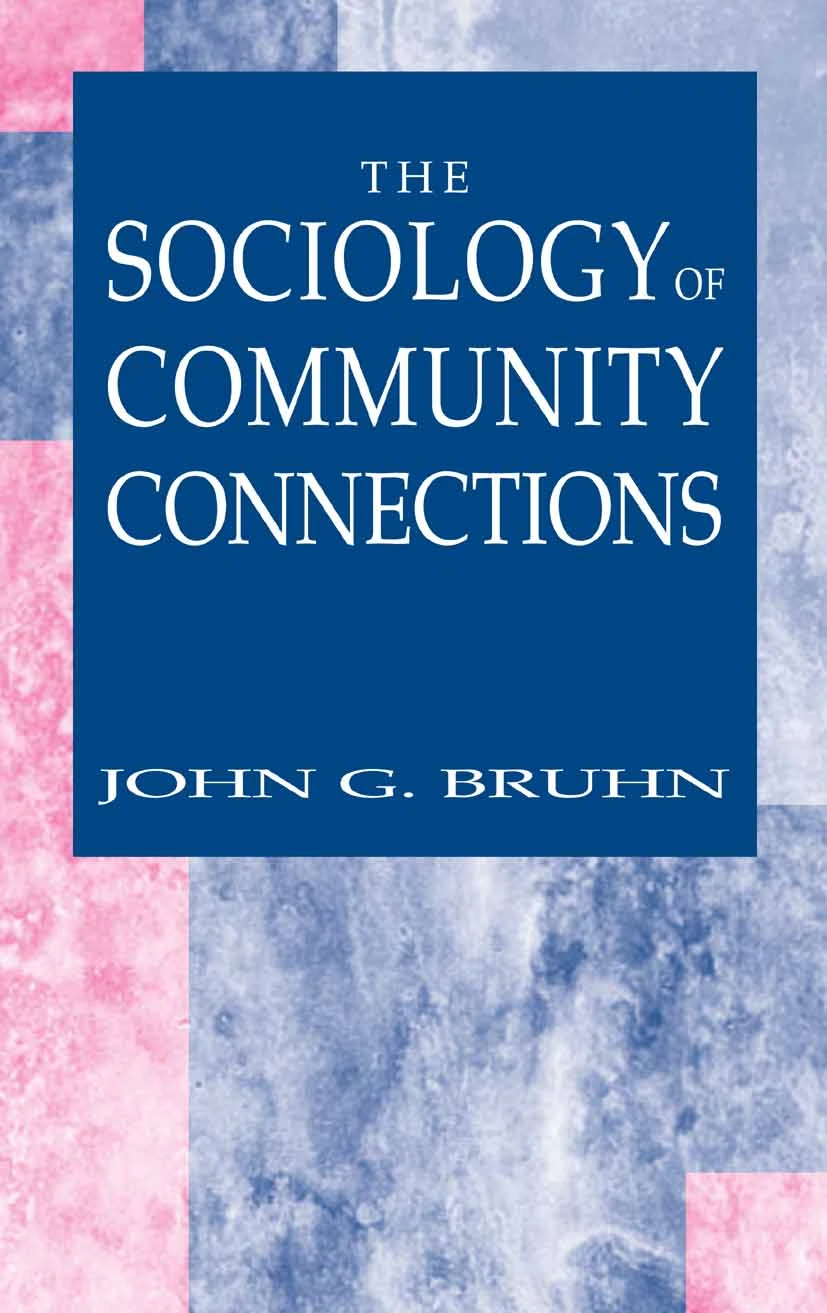موضوعات
آموزش و پرورش
ادبیات و زبان
پزشکی، دندانپزشکی و داروسازی
تاریخ و جغرافیا
داستان و رمان
دیگر
دین و فلسفه
روانشناسی
ریاضیات و آمار
سلامتی، تناسب اندام و رژیم غذایی
شیمی و پلیمر
علوم اجتماعی و حقوق
علوم زیستی و بیوتکنولوژی
فیزیک و نجوم
کامپیوتر و اینترنت
کتابهای کودکان و داستان
کسب و کار و اقتصاد
کشاورزی و دامپزشکی و غذا
معماری
مهندسی و فناوری
هنر و تئاتر
محصولات
The sociology of community connections - Original PDF
نویسندگان: خلاصه: The Sociology of Community Connections is about how we interact and connect with one another as individuals and groups in a variety of social situations. We interact out of necessity and connect as a consequence of choice, and it is our connections that create community. Networks of communities that are interdependent, diverse, and responsive to change, yet cohesive, provide the infrastructure for a healthy society. In today's world, our societal infrastructure is continuously being tested by forces and demands that attempt to alter it, and thereby change the nature of how we connect within our various communities. We need to analyze these forces and demands and understand the impact they have on our connections so that, individually and collectively, we can create more social capital than we use. In the last decade, as the world has become smaller and more interdependent, the definition of community has changed. In our society--indeed, in the world--there seem to be more broken and fragmented relationships than in the past, an absence of connections where they appear to be needed, an uncertainty and lack of trust in relationships we have sustained, and a tendency to select, restrict, and even plan those connections that promote self-interest. This graduate-level text explains how our early connections and attachments are formed and discusses past and present conceptions of community. A major portion of the book describes how the sociology of connections takes place in a variety of communities such as: immigrant and ethnic communities, the fragmented communities of the poor and homeless, communities experiencing crises, communities of exclusion and excluded communities, religious communities, cyber communities and solitary communities. The Sociology of Community Connections is highly recommended for classes in sociology, social work, social and cultural anthropology, community psychology, communications, criminal justice, and urban planning.آیا کتاب مورد نظر هنوز بر روی سایت قرار نگرفته است؟ جای نگرانی نیست! کافی است بر روی گزینه سفارش کتاب کلیک کرده و درخواست خود را ثبت کنید. در کمتر از چند ساعت کتاب شما را آماده خواهیم کرد.
